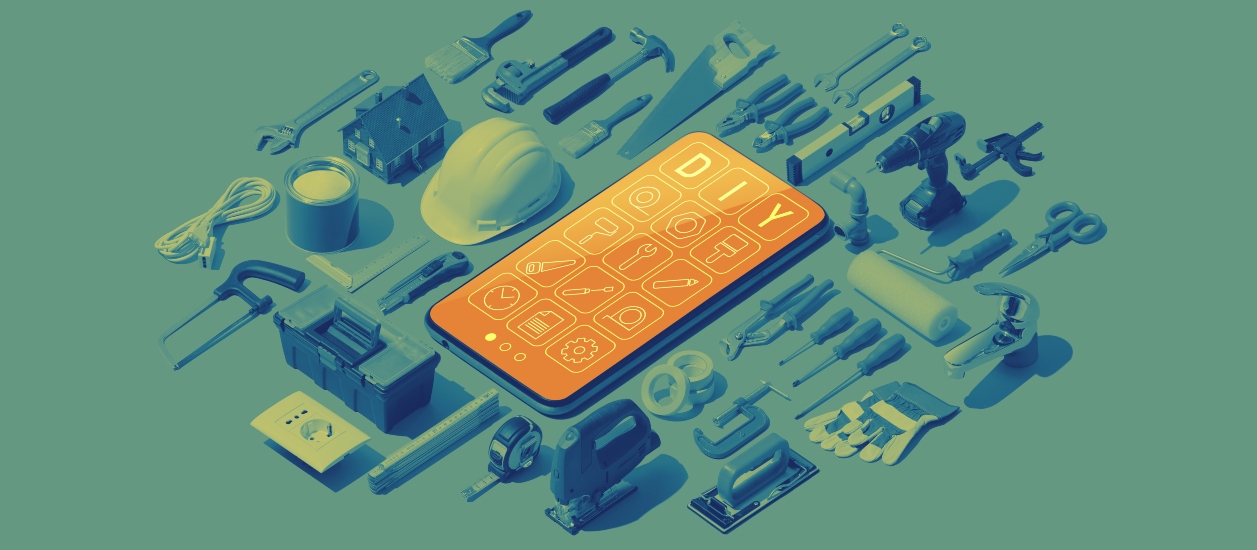Key Takeaways
- 44% of smart home device owners have used a professional for installation, highlighting a strong demand for integration services.
- 29% of DIYers transition to professional help after realizing the limitations of self-installation.
- Younger consumers, particularly those aged 18-24, often seek installation assistance, indicating a need for hybrid support services.
Changing Dynamics in Smart Home Integration
Recent research from Parks Associates reveals that the relationship between DIY smart home products and professional integration services is evolving. While DIY solutions often seem to threaten the revenue of professional integrators, the data suggests that many DIY users eventually seek the assistance of professionals to effectively manage their smart home systems.
Parks Associates’ quarterly survey of 8,000 U.S. internet households indicates that professional installation is thriving in the DIY era. A substantial 44% of smart home device owners have opted for professional installation, and 81% have attempted at least one DIY setup, demonstrating a hybrid market where DIY and professional services coexist.
Industry trends show an increasing interest in professional installations, particularly for smart lighting, as consumers recognize the difficulties of integrating multiple devices into a cohesive system. The CE Pro 2024 State of the Industry Report supports these findings, noting that many consumers, after initial DIY attempts, ultimately prefer the expertise of professionals for unified experiences.
Usability has emerged as a key factor driving DIYers to professional integrators. In certain categories, such as smart thermostats, professional installation is crucial for maximizing product effectiveness. The data reveals that successful integrations lead to better customer satisfaction, as evidenced by higher Net Promoter Scores for professionally installed devices.
Interestingly, younger consumers, typically seen as tech-savvy, often struggle with installations. This demographic shows significant interest in hybrid support models that offer guided assistance, presenting an opportunity for integrators to cater to a growing market segment.
While the average DIY client may differ from the traditional clientele of integrators, there is a clear opportunity to develop service-based business models that address these emerging needs. By adapting to the changing market landscape, integrators can capitalize on the increased demand for professional help in the smart home arena.
The content above is a summary. For more details, see the source article.















